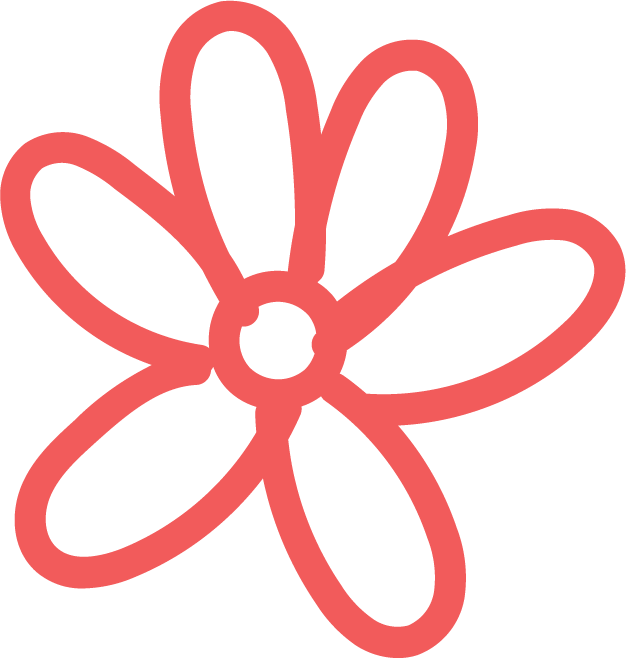Premenstrual Syndrome

Understanding PMS
Premenstrual syndrome (PMS) is a collection of physical and emotional symptoms that many women experience before their menstrual period. PMS symptoms can vary greatly between women and from month to month, but common symptoms include bloating, breast tenderness, fatigue, mood swings, irritability, anxiety, depression, and food cravings. These symptoms typically occur during the second half of the menstrual cycle after ovulation and may be severe enough to interfere with daily activities. PMS is a common condition, affecting up to 80% of women at some point in their reproductive lives.

How can Acupuncture Help?
The mechanism by which acupuncture alleviates symptoms of PMS is believed to involve a number of different pathways in the body. One proposed mechanism is that acupuncture stimulates the release of endorphins, which are natural painkillers produced by the body. This can help to reduce pain and discomfort associated with PMS symptoms, such as cramping and breast tenderness.
Acupuncture may also help to regulate hormonal imbalances that contribute to PMS symptoms. For example, some studies have shown that acupuncture can increase levels of beta-endorphin and decrease levels of cortisol, which may help to rebalance the hypothalamic-pituitary-adrenal (HPA) axis and reduce stress-related symptoms of PMS.
Acupuncture also has an anti-inflammatory effect, which could be beneficial for reducing swelling and bloating associated with PMS. Additionally, acupuncture helps to improve blood flow and circulation, which could help to alleviate headaches and other menstrual-related symptoms. Overall, while the exact mechanisms of acupuncture in treating PMS are still being investigated, there is evidence to suggest that it is a safe and effective therapy for women experiencing PMS symptoms.
The Role of Traditional Chinese Medicine in PMS
Another Pillar of Traditional Chinese Medicine is Chinese Herbal Medicine which has been used to treat PMS (Premenstrual Syndrome) for centuries. Traditional Chinese Medicine (TCM) theory states that PMS is caused by an imbalance of the body's energy, or "qi," which affects the flow of blood and other bodily fluids. In physiological terms, this refers to the hormonal imbalance that causes symptoms of PMS.
TCM practitioners believe that Chinese herbal medicine can restore the balance of qi and promote the healthy circulation of blood and other fluids in the body, which can help to alleviate PMS symptoms.
There are several Chinese herbs that are commonly used When Combined to treat PMS, including:
-
This herb helps regulate hormonal imbalances and improve blood circulation.
-
This herb helps regulate the menstrual cycle and reduce the symptoms of PMS, such as breast tenderness and mood swings.
-
This herb has a calming effect on the nervous system and reduces anxiety and irritability.
-
This helps
-
This herb promotes blood circulation and relieves pain.
-
This herb has anti-inflammatory and antispasmodic properties, which can help to reduce menstrual cramps.
In TCM, herbs are used in combination to create a formula that is tailored to the individual patient's needs. The herbs work synergistically to restore balance to the body's energy and promote overall health and well-being.
Here are some helpful Resources:
https://www.ncbi.nlm.nih.gov/pmc/articles/PMC6614973/
